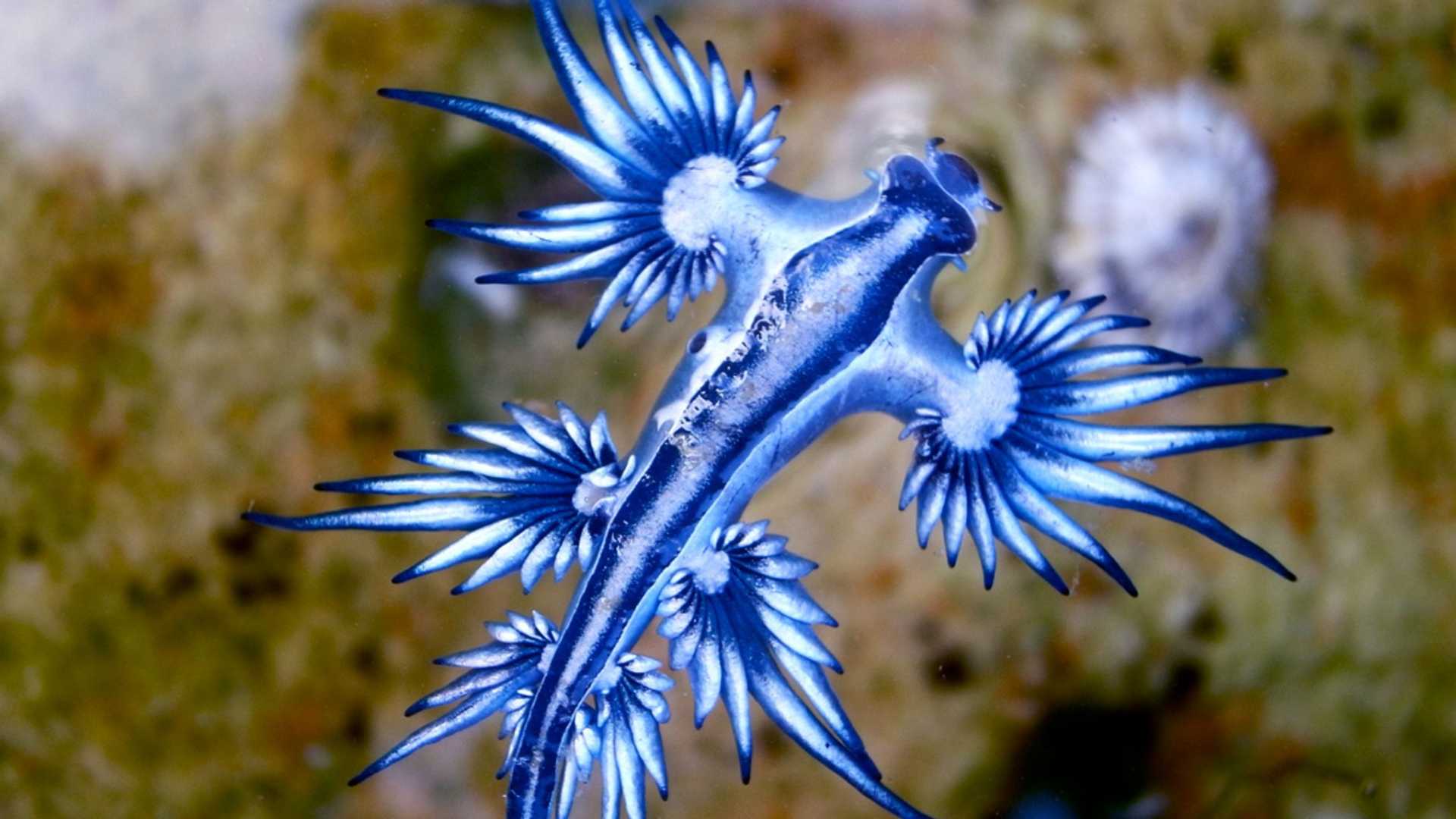News
Beaches Reopen in Guardamar After Blue Dragon Sightings

Guardamar del Segura, Spain — Local authorities closed beaches in Guardamar del Segura earlier this week after the discovery of two venomous sea slugs known as blue dragons, or Glaucus atlanticus. The Ban was enforced to protect public safety.
Authorities issued a swimming ban across all municipal beaches after the appearance of these rare creatures on Wednesday. The Guardamar police announced the closure, stating, “For motives of citizenry safety, we have banned all swimming on all of the municipal beaches until a new order.”
The blue dragon, measuring only about 3 to 4 centimeters (1.2 inches) long, is notorious for feeding on venomous creatures like the Portuguese man o’ war. It is able to recycle and concentrate that venom, posing a significant threat to larger predators.
“Contact with this marine animal can be dangerous and provoke painful burns on the skin,” police warned beachgoers, advising them to avoid direct interaction even if they were wearing gloves. Officials urged anyone who spotted a blue dragon to notify lifeguards immediately.
By Thursday, the swimming ban was lifted, but the local government maintained yellow flag warnings. Mayor José Luis Sáez advised residents to remain cautious and report any sightings. He also instructed anyone experiencing a sting to rinse the affected area with saltwater and seek medical help.
The Mediterranean coastline around Alicante, known for its sunny climate and beautiful beaches, has become a significant tourist destination. The increase in blue dragon sightings is thought to be linked to changing marine conditions and warming sea temperatures. According to experts, these creatures are more commonly found in tropical and subtropical waters of the Atlantic, Pacific, and Indian Oceans.
As of now, Guardamar’s beaches are open, but officials continue to monitor the situation closely due to the potential reappearance of the blue dragons.












